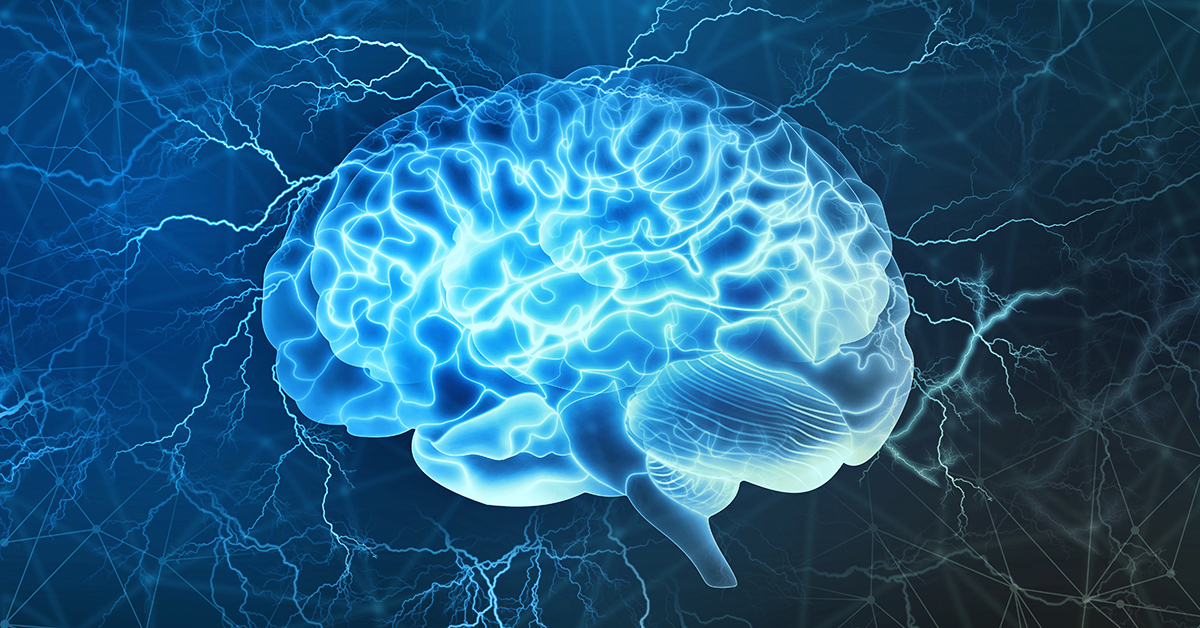
Multiple sclerosis is a chronic disease that affects the central nervous system. MS can be difficult to diagnose because the symptoms are unpredictable. Not everyone has the same symptoms and the severity of some symptoms differ from person to person. While not every person with MS has the same symptoms, there are some common early signs of multiple sclerosis that you should be aware of.
1. Vision Loss
One of the most common early signs of multiple sclerosis is vision loss. While there are many conditions that may cause vision problems, this symptom of MS is marked by pain and vision loss in only one eye. People may experience blurred vision or even vision loss in one eye that is accompanied by severe pain that lasts more than a couple of days. If you experience any kind of unusual vision problem, you should seek medical attention, but if you have this kind of vision loss, it could be an early sign of MS and you should see a doctor.
2. Facial Paralysis
Facial paralysis is a distressing symptom no matter the cause. While facial drooping is often a sign of other disorders such as Bell’s palsy, Lyme disease, or even stroke, it may be an early sign of MS. No matter what is causing the facial paralysis, you should get immediate medical help to address the problem.
3. Weakness in Limbs
If you are experiencing ongoing weakness or numbness in your limbs, it could be an early sign of multiple sclerosis. The sensation may be similar to the tingling or numbness that you experience when your leg “falls asleep” when in one position for too long. Or it may present as weakness in the arms or legs. However, this tingling, numbness, or weakness does not resolve itself once you’ve gotten out of the awkward position and moved around. If this type of symptom persists for more than a day or so, you should seek medical attention to find the cause.
4. Pain and Spasms
Persistent or chronic pain may be symptoms of MS. According to the Multiple Sclerosis Association of America, more than 50% of people with MS identify pain as a significant symptom. Pain may occur in the back, hips, legs, and arms.
5. Muscle Spasms
Muscle spasms or spasticity are also commonly associated with multiple sclerosis. People with spasms experience painful and uncontrollable jerking movements of their extremities, usually the legs. People sometimes experience stiffness in their muscles and joints along with the spasms.
6. Persistent Dizziness
Dizziness and vertigo can be symptoms of many different disorders, some more serious than others. Dizziness that is an early sign of multiple sclerosis is often severe and lasts for two days or more. Walking may be difficult, even when you’re walking through spaces with few or no obstacles because you feel like your equilibrium is off. Lack of coordination and balance are also associated with this type of dizziness and people often report feeling lightheaded. These symptoms often occur when standing up. If you experience persistent dizziness or vertigo, it’s always a good idea to see a doctor so you can be evaluated for different conditions.
7. Chronic Fatigue
Many people with MS experience unexplained fatigue. Chronic fatigue is caused by nerve deterioration in the spinal column. Fatigue usually appears suddenly and can last for weeks before improving. According to the National Multiple Sclerosis Society, about 80% of people experience fatigue as one of the early signs of multiple sclerosis.
8. Bladder and Bowel Problems
Bladder and bowel problems may be symptoms of multiple sclerosis. They may occur as early signs, but almost 80% of people with MS develop bladder problems like overactive bladder, incontinence, urinary frequency, or urinary urgency.
9. Cognitive Changes
According to the National Multiple Sclerosis Society, about 50% of people with MS experience cognitive changes. These changes may include the ability to learn and remember things, organize, focus, problem-solve, and organize.
10. Mood Changes and Depression
Emotional changes and even clinical depression are common symptoms of MS. Depression is more common in people with chronic conditions like MS. While mood changes may be early signs of multiple sclerosis, clinical depression may not develop until later in the disease’s progression.
At Regional Neurological Associates, we specialize in diagnosing and managing a number of neurological conditions including multiple sclerosis. If you have concerns about any symptoms you’re experiencing or want to discuss an existing MS diagnosis, call (718) 515-4347 to make an appointment.





